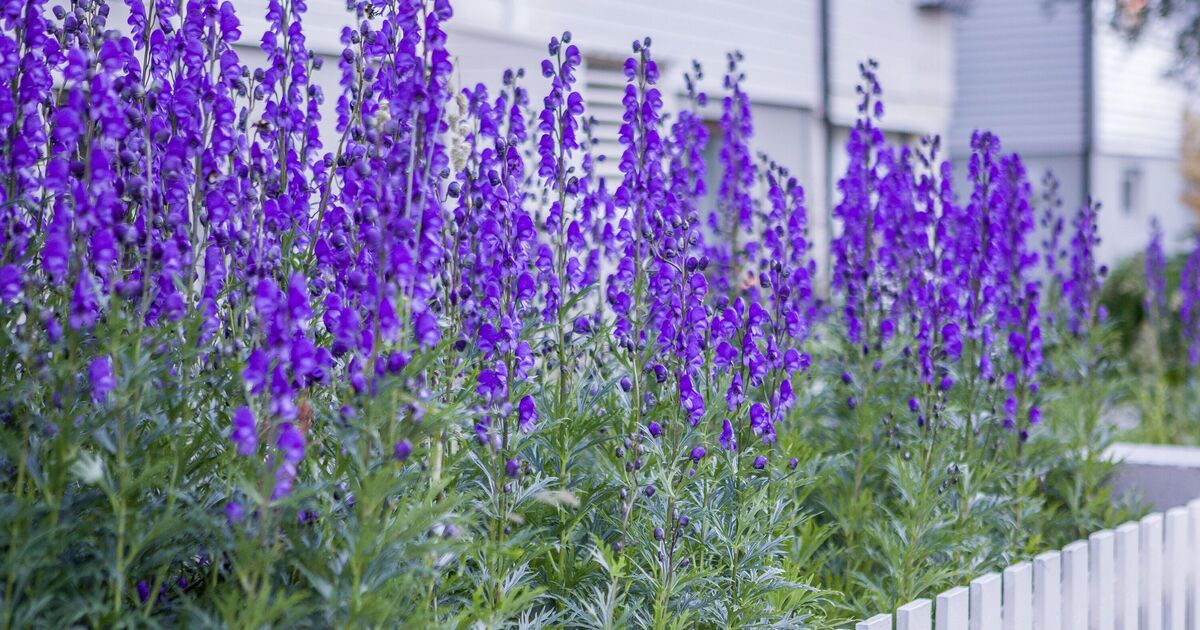Lavender is a favourite among gardeners, not only for its beauty and fragrance but also for its ease of growth, provided it’s fed correctly.
The optimal time to plant lavender is in the spring months of April or May when there’s less risk of frost damaging the roots, giving the plant ample time to establish before summer.
Stephaine LeBlanc, a gardening expert and founder of Celebrated Herb, claimed that while growing lavender is straightforward, the key to keeping them “healthy, blooming and looking amazing all year round” lies in using the “right fertiliser”.
She explained: “Organic fertilisers, such as composted manure, worm castings, and bone meal, are excellent choices because they provide a balanced mix of essential nutrients and improve soil structure.
“These organic materials can be added to the soil or used as a top dressing to provide a slow release of nutrients to the plant’s root zone.”
However, you don’t need to splash out on fertiliser for your lavender. This herb can thrive on kitchen scraps, providing a cost-effective feeding solution.
Stephaine advised: “Lavender plants do not require a lot of nutrients, you can still use some kitchen scraps to provide them with additional nourishment.”
If you’re looking to give your lavender a boost, save vegetable scraps like carrot tops or lettuce leaves to turn into homemade compost.
Stephaine noted that gardeners can “simply layer the scraps with dry leaves and grass clippings in a compost bin and wait for it to decompose into rich compost”.
Moreover, banana peels are often a garden’s secret weapon, especially beneficial for lavender and numerous other plants due to their high potassium content an essential nutrient for blooming beauties.
All you need to do is slice up those banana skins and tuck them into the base of your lavender plants; it’s a little trick to ensure they flourish with vigour.
On the quest for the perfect DIY fertiliser for boosting your lavender? Well, Stephaine has conjured up a “simple recipe” for a homemade concoction that promises not just to spur flower production but also to enhance soil health, tackling the often-neglected issue of poor soil quality and drainage that hampers lavender growth.
The green-fingered guru Stephaine remarked: “This fertiliser provides magnesium and sulphur from the Epsom salt, alkalises the soil with baking soda, and supplies additional nutrients with the fish emulsion.”
Here’s what you’ll need:
One gallon of water
One tablespoon of Epsom salt
One tablespoon of baking soda
One tablespoon of fish emulsion
Just whisk together the components in a bucket or watering can, making sure they meld into a uniform solution. Add it to the base of the lavender, sidestepping the plant’s greenery, followed by regular watering.
Gardeners must not overindulge lavender with feed, but a singular nourishing at the onset of its growth can ignite blooms.
Stephaine stated: “It’s important to note that lavender plants do not require heavy fertilisation, so use this homemade fertiliser sparingly, once every few months. Over-fertilising can actually harm plants.”











